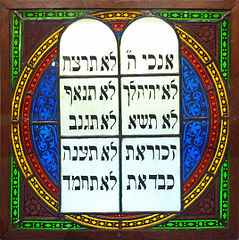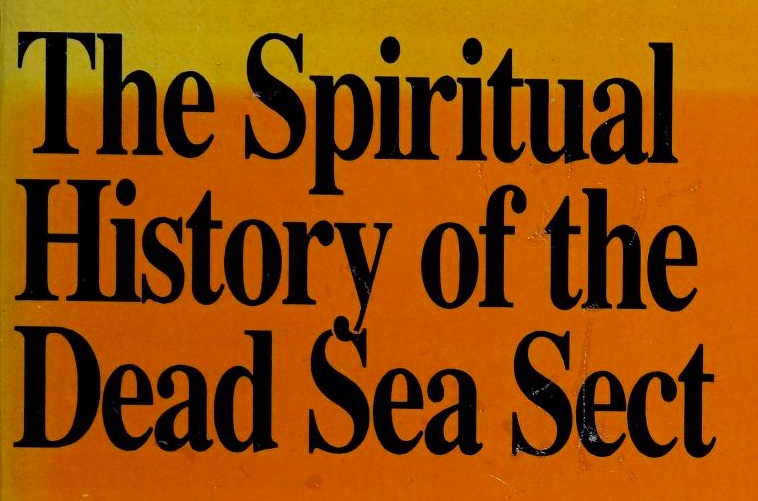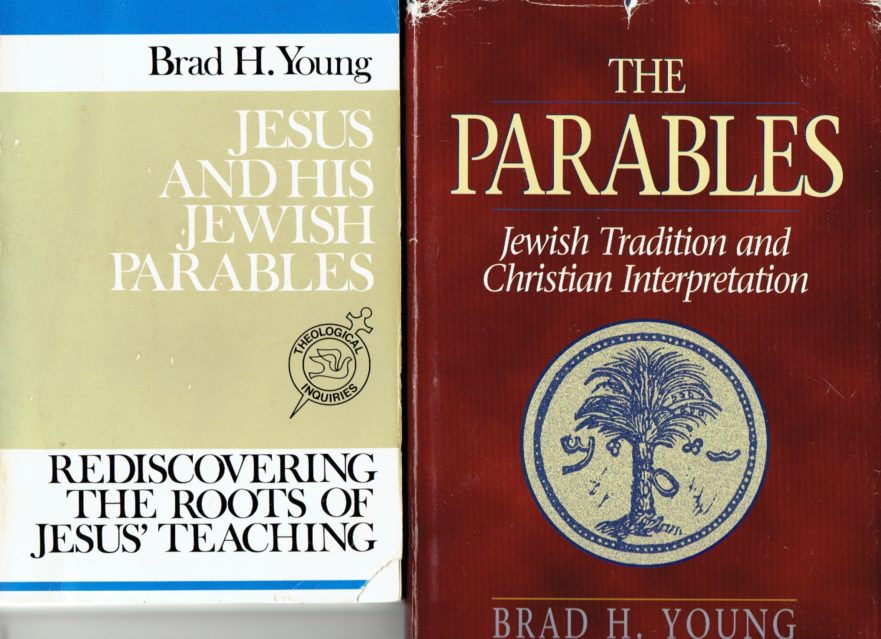Without paying attention to ancient Jewish exegesis one can easily miss the full impact of Jesus’ statement, “den of thieves.” Was Jesus solely addressing the vendors, or was he aiming at bigger game?
Jesus’ Devout Jewish Parents and Their Child Prodigy

In the infancy narrative found in chapters one and two of Luke’s gospel, Luke has provided excellent character references for Mary, Joseph and Jesus. Jesus’ mother and father show piety far beyond the usual, and the young Jesus is eager to be in the temple studying Torah with the teachers of Israel.
That Small-fry Herod Antipas, or When a Fox Is Not a Fox

We need to start translating “fox” with its proper Hebraic cultural meaning.
Pieces to the Synoptic Puzzle: Papias and Luke 1:1-4

Despite a rather turbulent transmission process, the Synoptic Gospels retain an astonishing amount of authentic and reliable material.
A Measure of Humility

There are many parallels between the teaching of Jesus and that of Jewish sages mentioned in rabbinic sources. An understanding of rabbinic sayings can provide added insight into what Jesus taught.
“He Shall Be Called a Nazarene”

One of the titles given to Jesus was “Nazarene.” Where did the title come from, and did it have any special significance? Ray Pritz traces the title’s origins.
“Jehovah”: A Christian Misunderstanding

In any attempt to understand the Bible, there is no substitute for a knowledge of ancient Jewish custom and practice. For example, the term “Jehovah,” which is found in many Christian translations of the Bible, originated due to Christian lack of awareness of Jewish custom.
The Shema in Early Jewish Teaching

“Hear, O Israel: The Lord our God, the Lord is one” (Deut. 6:4), known as the Shema, is a foundational teaching of both Judaism and Jesus.
The Divine Name in the Hebrew New Testament

God has a personal name: YHVH. Like Semitic names in general, it was intended to reflect something of the bearer’s character. YHVH is related to the root h-v-h, “to be”, and reflects God’s eternity and timelessness.
Master and Disciple

To understand the relationship between a first-century master and his disciples, one must appreciate the central role of Torah in ancient Jewish society.
The Two Great Principles and Sefer Pitron Torah

The command to love one’s neighbor was already thought of during the Second Commonwealth as the essence of the second half of the Decalogue, in which sense it is quoted in Sefer Pitron Torah.
The Decalogue and the New Testament

Professor Flusser examines references to the Decalogue in ancient Jewish sources and the New Testament. In light of this comparison, Jesus’ Sermon on the Mount does not merely present a utopian ideal, but rather an outline of practical behavior.
Sidebar: “Ears of Corn”?

Does the New Testament depict the disciples picking yellow sweet corn (maize) in firs-century Israel?
Hebrew Nuggets, Lesson 24: Messiah (Part 2)

Athough the concept of Messiah is importance both in Judaism and Christianity, the Hebrew word מָשִׁיחַ (maSHIaḥ, messiah) was not often used in Jesus’ day. Jesus and his contemporaries rarely spoke of the Messiah by that name, but preferred to use other more oblique terms. In the New Testament, maSHIaḥ almost always appears in its Greek translation: χριστός (christos, anointed with oil; Christ). The Greek transliteration μεσσίας (messias) appears only twice, in John 1:41 and 4:25.
Book Review: David Flusser’s The Spiritual History of the Dead Sea Sect

Based on a series of radio lectures, the book retains much of its original conversational tone and structure, but has been expanded to present a more detailed overview.
The Kingdom of God: God’s Power Among Believers

One of the greatest theological controversies in the last century concerns the meaning of the terms “Kingdom of God” and “Kingdom of heaven.” Because scholars have not given adequate attention to the fact that these are completely Hebraic terms, confusion has arisen concerning the period of time to which the Kingdom refers, who takes part in it and the exact nature of the Kingdom. Examining relevant Gospel passages in their Hebraic context will clarify what Jesus meant when he spoke of the “Kingdom of God” or the “Kingdom of heaven.”
“Binding” and “Loosing” in the Kingdom of Heaven

Jewish sages were called upon constantly by their community to interpret scriptural commands. They “bound,” or prohibited, certain activities, and “loosed,” or allowed, others.
Understanding Parables

The rabbis taught, “Do not underestimate the value of parables, because by means of parables a person can master the words of Torah” (Song of Songs Rabbah 1:8).

